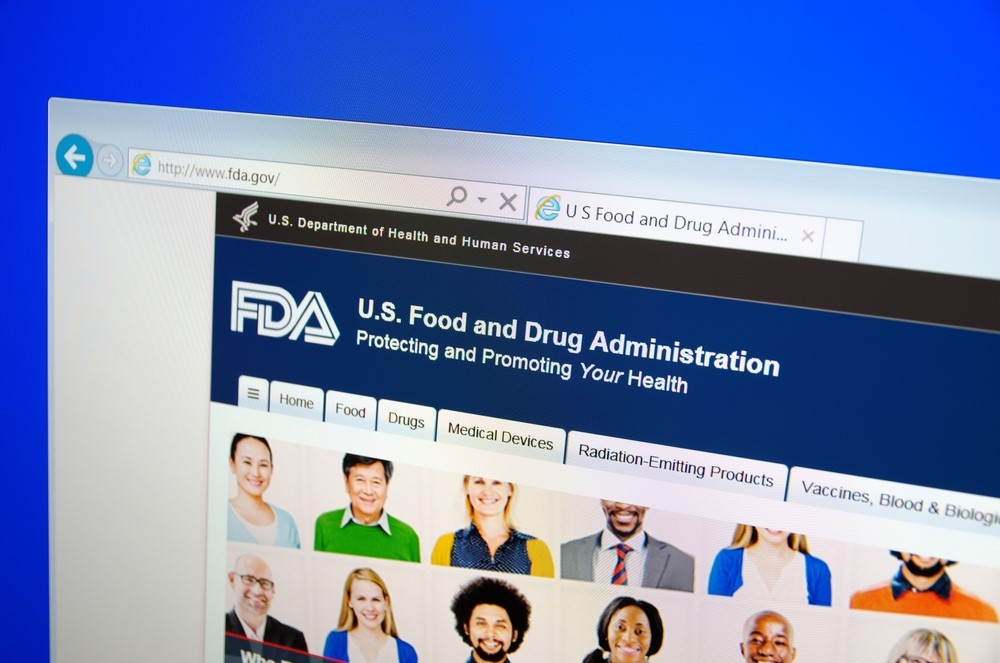Jan. 4, 2017 – The FDA will examine whether consumers and health care professionals (HCPs) can identify deceptive claims in prescription drug promotion, according to a notice published in today’s Federal Register. Results of the study could lead to an expansion of the FDA’s Bad Ad program to include consumer reporters.
Although empirical research has been conducted on “the occurrence and influence” of deceptive promotion, studies have not been done to determine how well consumers and HCPs can identify false or misleading drug promotion claims, according to the FDA; this ability has “important public health implications.”
The FDA’s concern is that if consumers are unable to identify deceptive promotion, they “may ask their HCPs to prescribe specific drugs that they would not otherwise request. Likewise, HCPs unable to identify deceptive promotion may prescribe specific drugs that they would not otherwise prescribe.”
Alternatively, if the study shows that consumers and HCPs are able to identify deceptive promotion, “then they may instead be equipped to incorporate such information into their medication decisions, and perhaps even report deceptive promotion” to the FDA through its Bad Ad program, the notice states. Bad Ad program reports “are useful to FDA because they allow investigators to focus their efforts in an era where the amount of promotion far exceeds the resources available to monitor everything.”
Although the FDA’s Bad Ad program currently requests that HCPs report deceptive promotion, the agency could, as a result of the study findings, expand that program to consumer reporting as well.
The proposed research calls for two studies, conducted concurrently, that would focus on different health conditions – chronic pain and obesity – and be administered to the two different populations (consumers and HCPs) using mock Websites tailored to those audiences. Pretesting will allow the agency to fine-tune the study’s procedures and measures.
Study 1 (chronic pain) will allow the agency to assess consumer and HCP response to promotional Websites with varying degrees of false or misleading presentations. This study will answer some of the following questions:
- What proportion of consumers and HCPs correctly identify a deceptive promotional piece?
- Does the number of deceptive claims affect that proportion?
- Does the degree of deception affect attitudes and behavioral intentions toward the promoted drug, including intended reporting to the FDA?
- Do these audiences adjust their attitudes and intentions if they recognize the deceptive promotion?
Study 2 (obesity) will focus on the type of deception – implicit versus explicit – and will compare consumer and HCP perceptions and beliefs about a drug following exposure to varying types of deceptive claims and answer similar questions as those addressed in Study 1, but with different context. .
The FDA will be accepting comments on the following topics:
- Is the proposed study necessary for the proper performance of FDA’s functions?
- Is the FDA estimate of the study’s information collection burden accurate and are the methodology and the assumptions used valid?
- Are there ways to enhance the quality, utility and clarity of the study?
- Are there ways to minimize the burden of the collection of information?
Comments can be submitted to the agency until March 6.




